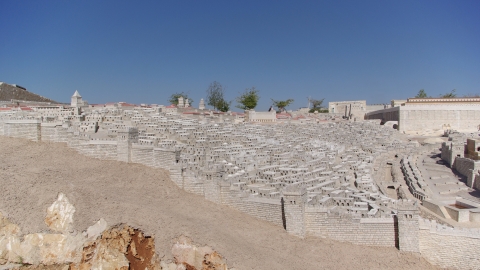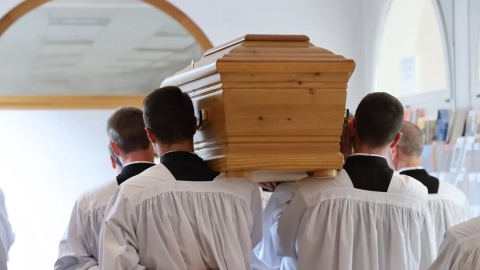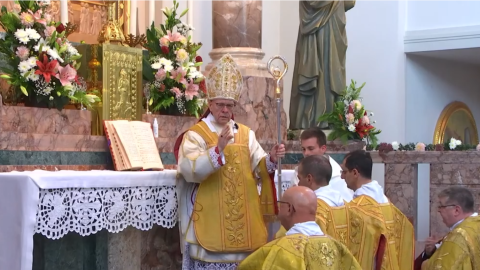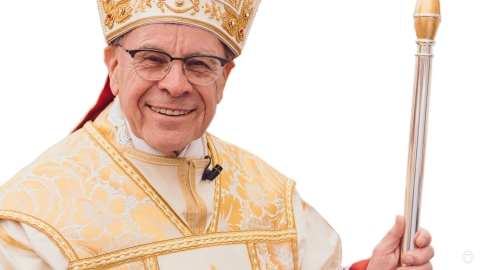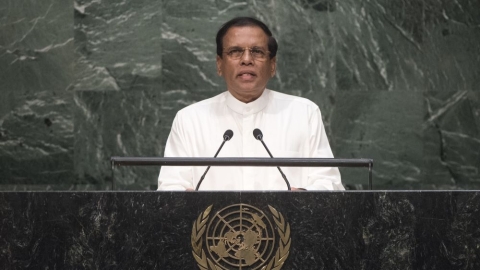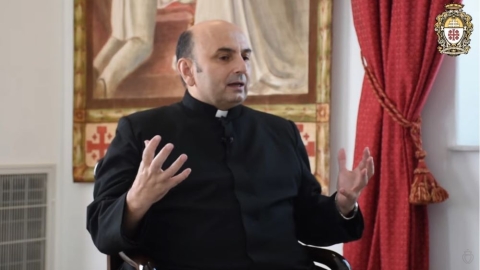Burkina Faso: Threatened With Encirclement by Jihadists

Conférence épiscopale Burkina-Niger
The bishops of Burkina Faso and Niger met from June 10-15, 2019 in Ouagadougou, capital of Burkina Faso. In its final declaration, the Burkina-Niger Episcopal Conference (CEB-N) denounced the repeated terrorist attacks on Burkina Faso and Niger. These attacks have intensified since September 2018. Assassinations, kidnappings, destruction of places of worship and sacred sites, acts of desecration of places and objects of worship have become commonplace in both countries.
Two priests, Fr. Pierluigi Maccalli, Italian missionary of the Society of African Missions (SMA) in Niger, and Fr. Joël Yougbaré, parish priest of Djibo in Burkina Faso, kidnapped respectively on 17 September 2018 and 17 March 2019, are still in the hands of jihadists. “In Kompienbiga, the tension has risen, especially since August 2018,” explains the mother of the Sisters of the Campaigns to help the Church in distress (AED). “Assailants regularly enter the villages, gather the population and give them instructions. Fear has seized the people.”
“From the geographical point of view, the problem of insecurity and radicalization that existed on the border with Mali, has spread to the east, to the border with Niger, and last year it reached the south-east of the country—i.e., the areas near Pama, where we were informed of Islamic radicalization and insecurity in the Christian community. It seems that terrorists are in the process of encircling the borders of Burkina Faso. “This is something new and really alarming,” explained Rafael D'Aqui, AED project manager for Burkina Faso, on February 20th.
After the assassination of four faithful on May 13, during a procession in honor of the Virgin Mary, Bishop Justin Kientega, bishop of the diocese of Ouahigouya (northwestern Burkina Faso), called faithful, priests, and nuns to increased vigilance in their movements and external signs of recognition.
This “spiral of terror” worries the bishops of the CEB-N, who follow the situation with “a feeling of distress and deep consternation.” This wave of jihadist violence has thrown on the roads more than 150,000 inhabitants of Burkina Faso. In Niger, more than 70,000 displaced people have been reported in regions of Tillaberi, in south-west, and Tahoua, in west-central Niger. Famine threatens people who are fleeing the abuses of the bands of terrorists and abandon their fields and their food products, the bishops lament.
Burkina Faso, which borders the frontiers of Niger and Mali, concentrates the action of various radical Islamic armed groups such as Boko Haram or al-Qaeda in the Islamic Maghreb. Even having a Muslim majority (54.2%), Burkina Faso has a tradition of good relationships between religions, and the minorities—Christian (23.9% of the population) and animist (21.3%)—do not suffer from discrimination on a daily basis, the AED explains. The President of the Republic, Roch Marc Christian Kaboré, a Catholic elected in 2015 with 53.49% of the vote, on June 20, 2019 called for “more concerted actions” in the fight against the jihadist groups.
(Sources : cath.ch/aed/vaticannews – FSSPX.Actualités – 07/22/2019
